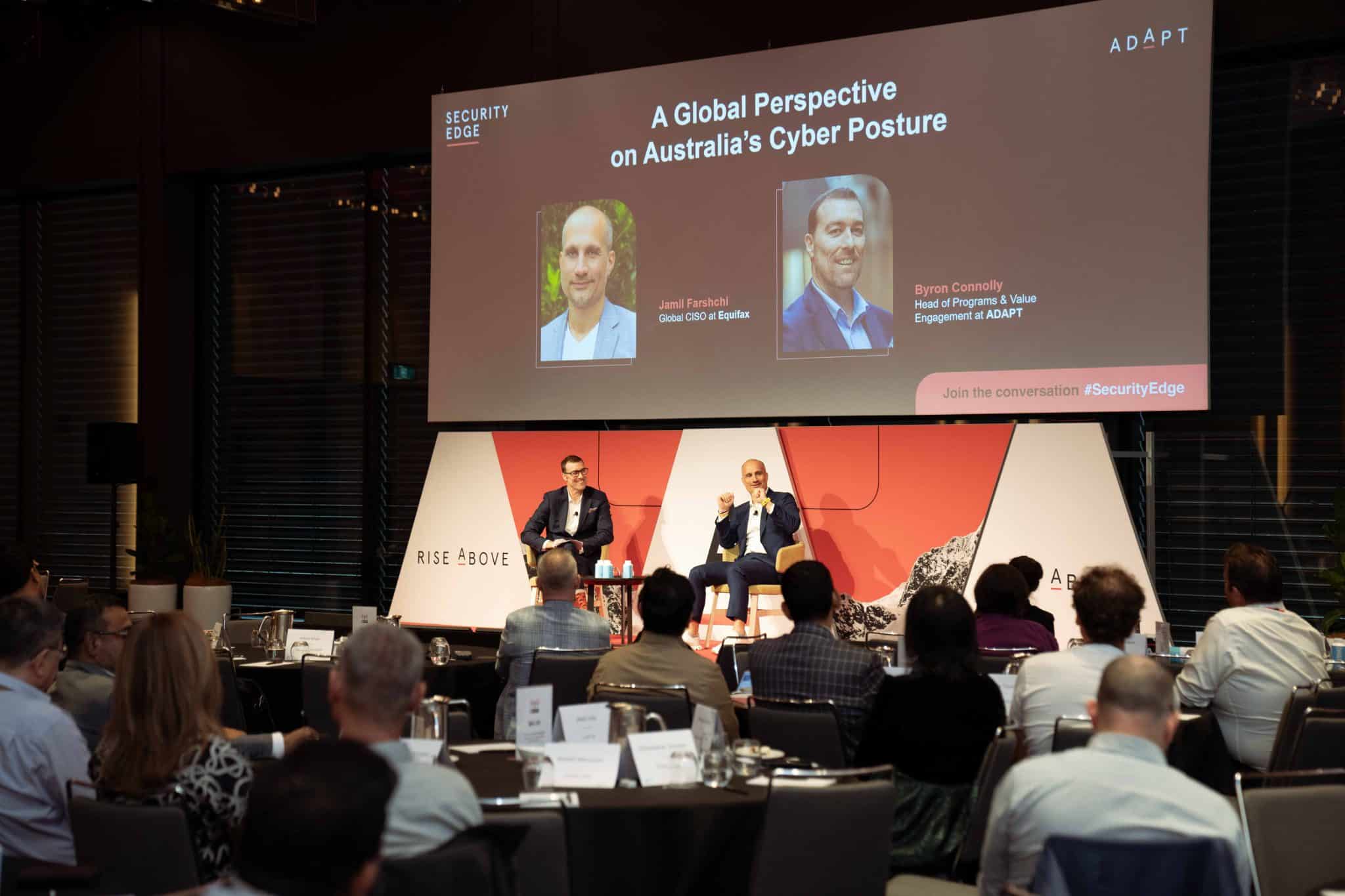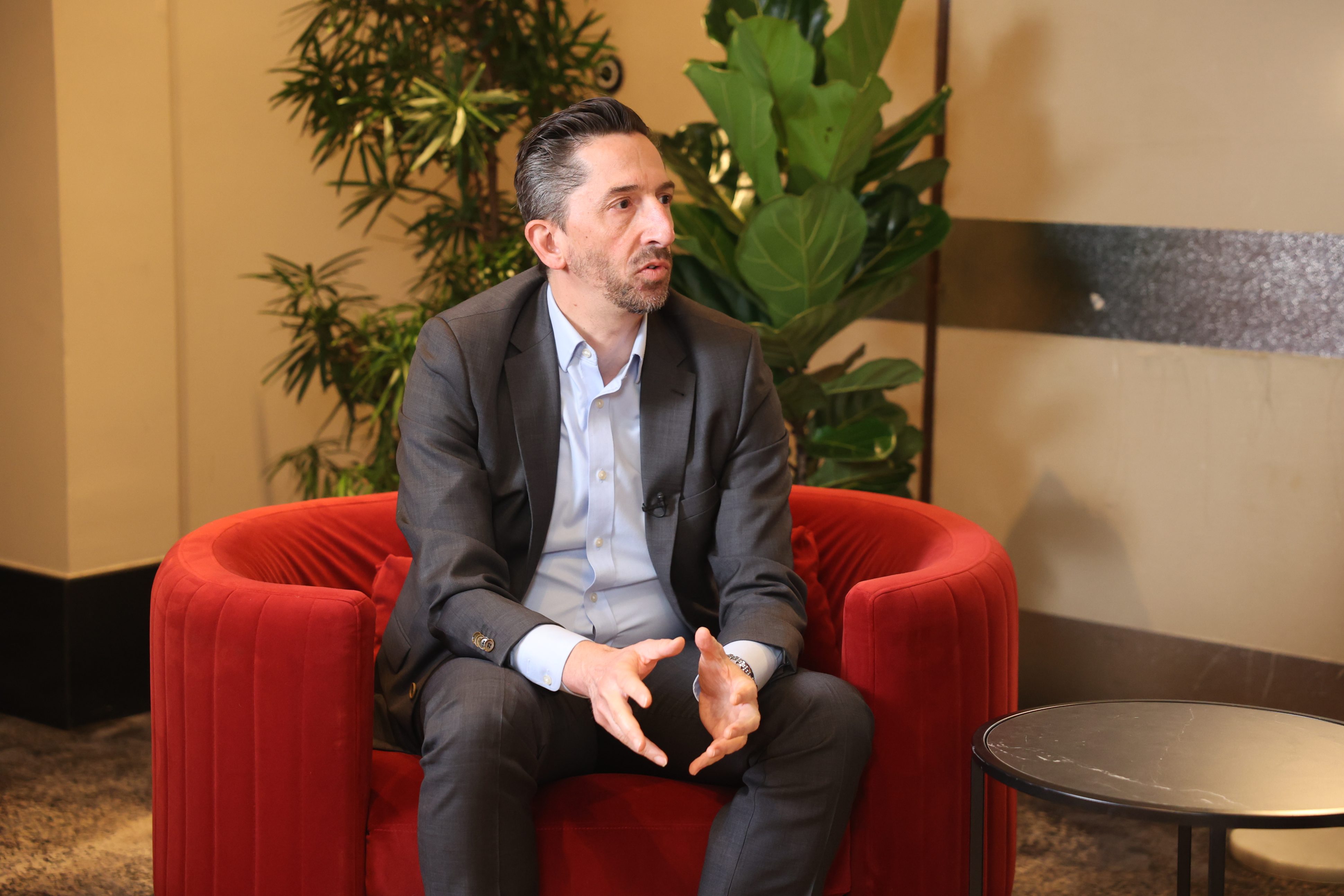Equifax’s CTO & CISO on Advancing Australia’s Cyber Security: Transparency, AI Risks, and Collaborative Strategies
Jamil Farshchi, EVP, CISO & CTO Equifax, shares insights into cyber security challenges, emphasising transparency and collaboration as crucial strategies.Jamil Farshchi, EVP, CISO & CTO Equifax, shares insights into cyber security challenges, emphasising transparency and collaboration as crucial strategies.
Leading Equifax’s transformation post a significant data breach, Jamil stresses the necessity for organisations to publicly disclose their cyber security postures and advocate for collective efforts to combat sophisticated threats.
Through transparency, partnerships, and cultural shifts prioritising security, he highlights the pivotal role of fostering trust and resilience within organisations.
Acknowledging the potential of emerging AI technologies to revolutionise cyber security practices, Jamil also warns of associated risks such as deepfake attacks and AI-driven malware.
Despite challenges, he remains optimistic about AI’s ability to bolster cyber security defences, envisioning a future where autonomous security systems provide comprehensive protection across organisational infrastructures.
Reflecting on cyber security progress in Australia, Jamil notes the increase in maturity of risk programs and growing attention to cyber security.
Despite challenges in engaging with CEOs and boards effectively, he stresses the importance of regular communication and relationship-building to educate them about security risks.
Regarding cyber security insurance, Jamil acknowledges the evolving landscape and recognises insurers’ role in driving improvements through rigorous standards.
However, he cautions against blindly following insurers’ recommendations and advocates for organisations to select partners based on expertise rather than cost.
Additionally, Jamil addresses challenges posed by emerging technologies like AI, stressing the need for multifaceted approaches beyond training and awareness to combat evolving threats effectively.
Key Takeaways:
Transparency and collaboration: Transparency and collaboration in cyber security efforts are crucial. Organisations should publicly disclose their cyber security postures and prioritise partnerships to combat sophisticated threats.
Risks and opportunities of AI: AI has the potential to revolutionise cyber security practices by mitigating alert fatigue and enhancing risk assessment. But there are also risks such as deepfake attacks and AI-driven malware.
Despite challenges, there is optimism about AI’s ability to bolster cyber security defences.
Progress in cyber security and insurance landscape: There are encouraging results in Australia’s cyber security measures. However, there is the need for regular communication with CEOs and boards.
Cyber security insurance, driven by insurers’ rigorous standards is evolving but be cautious of blindly following recommendations. Select partners based on expertise rather than cost.






























